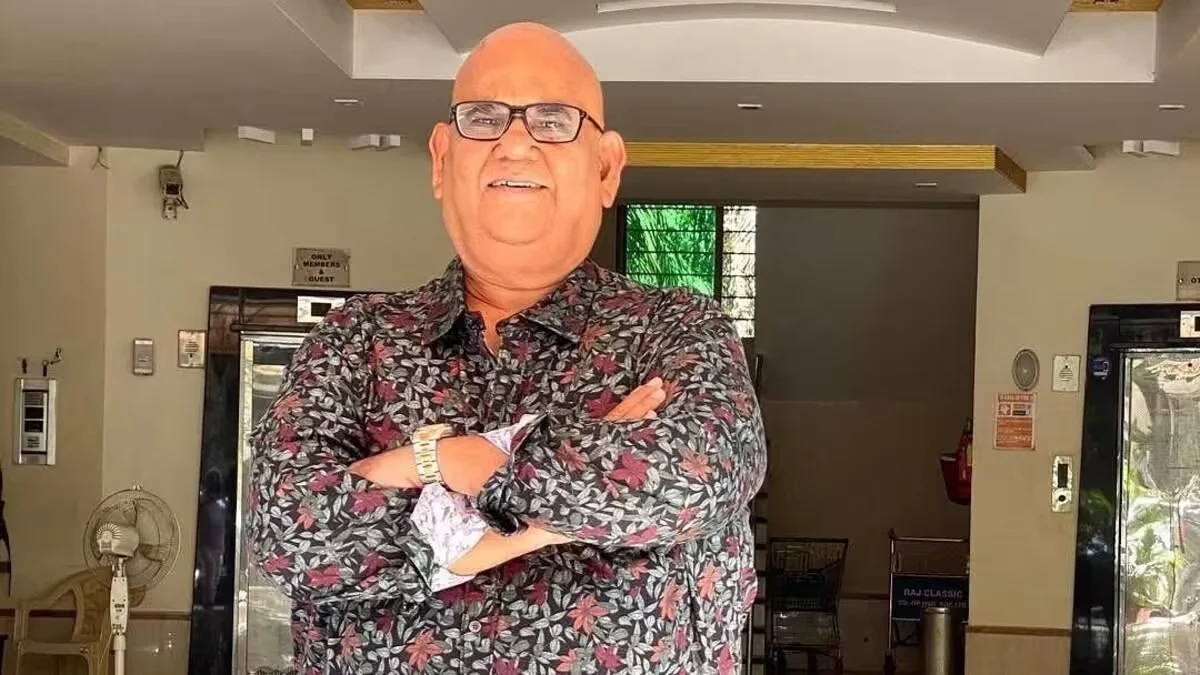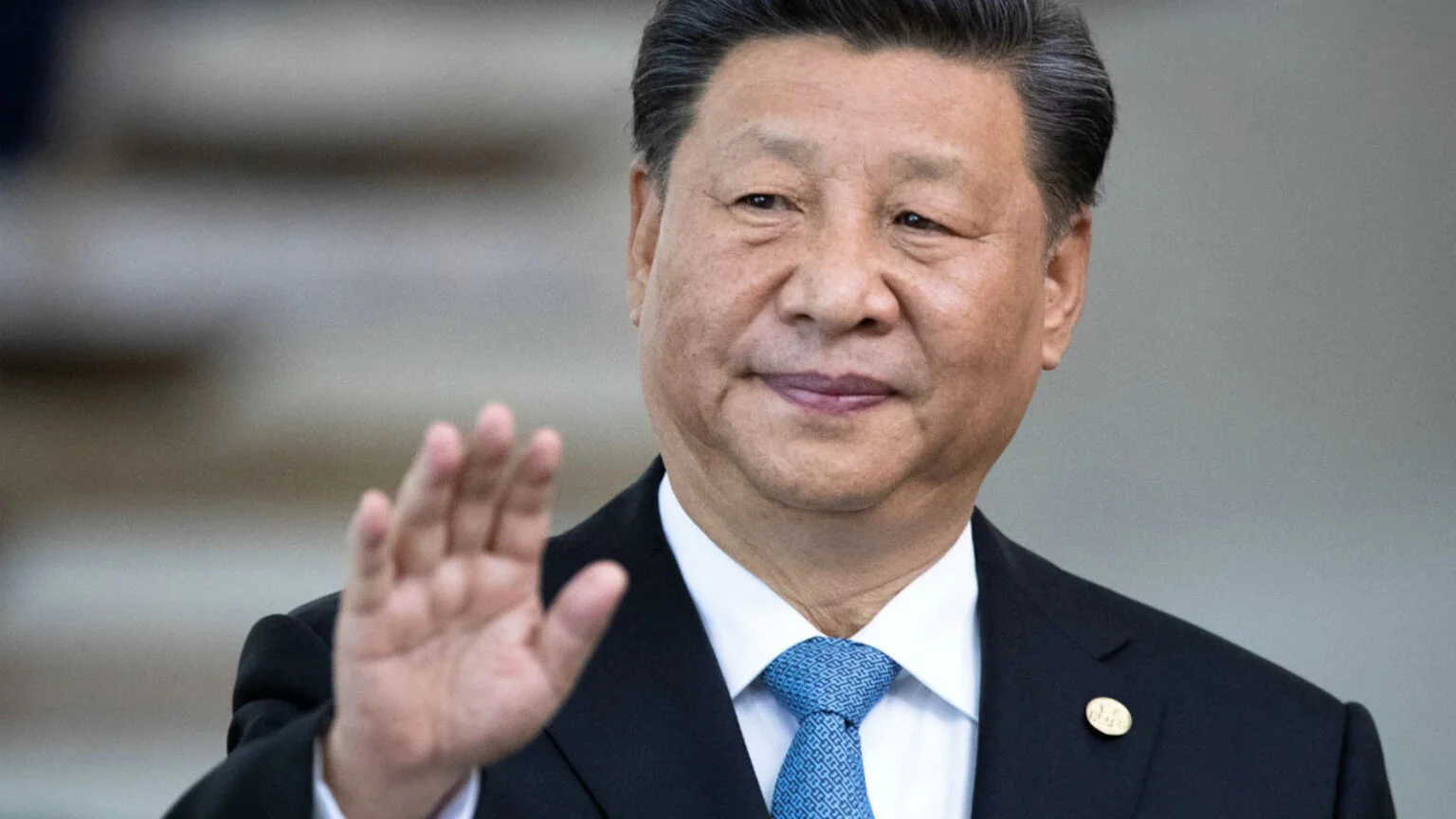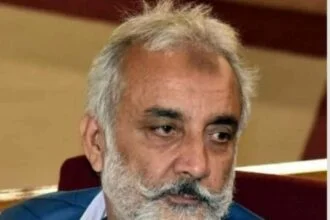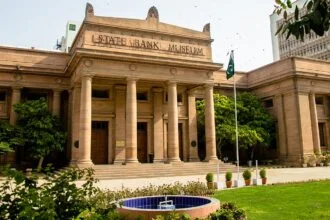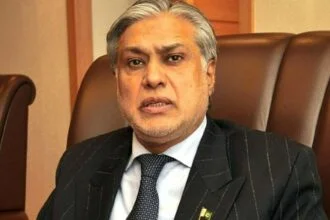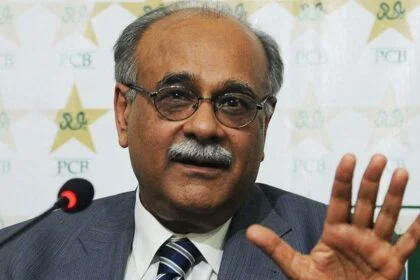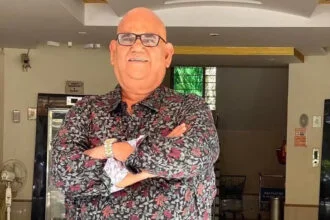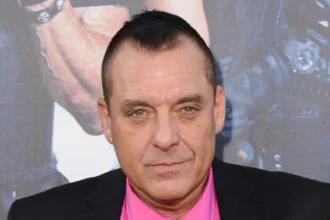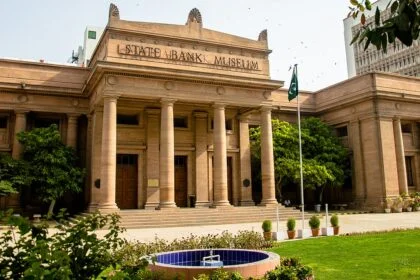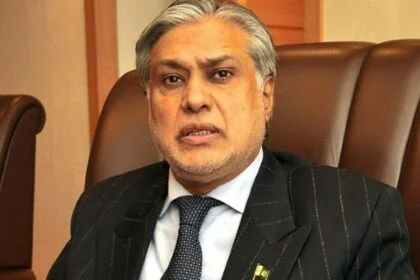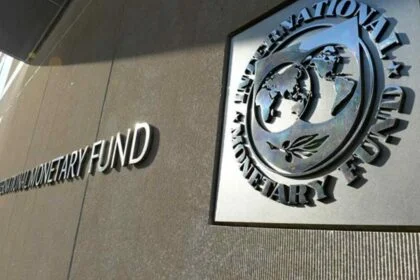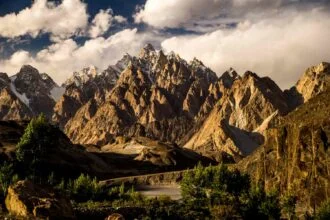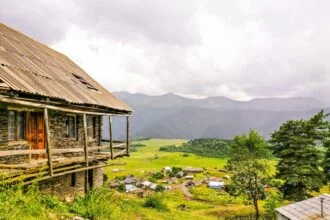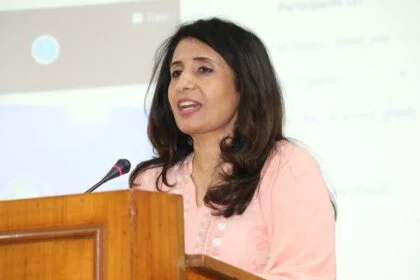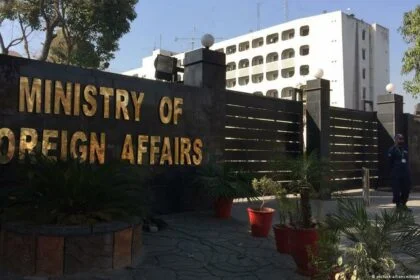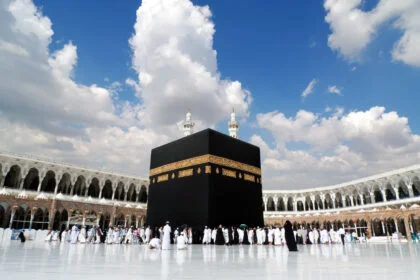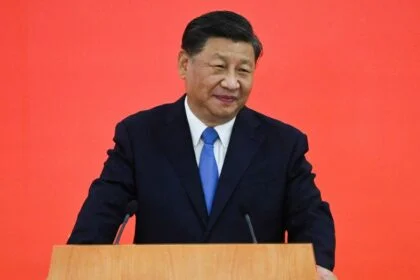Satish Kaushik, an actor from Mr India, dies at age 66
Satish Kaushik, a filmmaker and actor in Bollywood, passed away on Thursday in Delhi at the age of 66, one Indian newspaper reported that he passed away from a deadly heart attack.
More than anticipated, US firms added 311000 jobs in February
Despite a modest increase in the unemployment rate, the Fed still expects to raise interest rates in light of the positive employment data.
After nearly 7 years of antagonism, Middle Eastern adversaries, Iran and Saudi Arabia decided to resume ties
After a seven-year diplomatic break that heightened Gulf tensions and widened conflicts in Yemen and Syria, Iran and Saudi Arabia decided to mend fences on Friday.
Xi wins a third term as president despite numerous obstacles
Since assuming power in 2012, Xi has eliminated possible rivals and surrounded himself with supporters at the top of the party.
Fatal shooting at Jehovah’s Witness building in Hamburg killed several
In Hamburg, a city in northern Germany, a shooting at a Jehovah's Witness meeting place has resulted in a number of fatalities and authorities claim that the shooter, who is believed to be deceased, operated alone.
Satish Kaushik, an actor from Mr India, dies at age 66
Satish Kaushik, a filmmaker and actor in Bollywood, passed away on Thursday in Delhi at the age of 66, one Indian newspaper reported that he passed away from a deadly heart attack.
More than anticipated, US firms added 311000 jobs in February
Despite a modest increase in the unemployment rate, the Fed still expects to raise interest rates in light of the positive employment data.
More than anticipated, US firms added 311000 jobs in February
Despite a modest increase in the unemployment rate, the Fed still expects to raise interest rates in light of the positive employment data.
Sardar Khetran awarded bail in triple homicide case involving Barkhan
A woman and two young men were brutally murdered, and their bodies were later…
In connection with comments made against state institutions, BHC suspends Imran’s arrest warrants
Imran was the subject of a first information report (FIR), which was filed against…
SBP-held foreign reserves surpass $4 billion threshold
The nation has $9.75 billion worth of liquid foreign reserves in total. The total…
Finance Minister Dar promises an IMF deal in near future
The country has just enough reserves to cover three weeks' worth of crucial imports,…
Imran and PTI leaders booked over chaos during demonstration in Lahore
Once Section 144 was implemented in the provincial capital of Lahore, senior PTI members,…
In North Waziristan IBO, security forces kill six militants: ISPR
In a press release, Inter-Services Public Relations (ISPR) stated: "On March 8, security forces…
After nearly 7 years of antagonism, Middle Eastern adversaries, Iran and Saudi Arabia decided to resume ties
During a seven-year period of enmity, Saudi Arabia and Iran declared on…
In connection with comments made against state institutions, BHC suspends Imran’s arrest warrants
Imran was the subject of a first information report (FIR), which was…
Xi wins a third term as president despite numerous obstacles
China's president, Xi Jinping, is now certain to hold the position for…
Imran and PTI leaders booked over chaos during demonstration in Lahore
Once Section 144 was implemented in the provincial capital of Lahore, senior…
Punjab elections schedule released by ECP
The Punjab Assembly general elections will take place on April 30, and…
In advance of Imran Khan rally, Lahore prohibits public gatherings
According to police, several Pakistan Tehreek-e-Insaf (PTI) members were detained in the…
Tipu Sultan, the Mysore tiger, was the British Empire’s nightmare in India
An almost life-size wooden tiger mauling a European soldier, an automaton…
Pakistan needs reforms, especially in the energy and export sectors, to boost the economy
At the time, Dar benefited greatly from the drop in…
Colonialism is just another form of literary Imperialism!
What can we notice about the development of the literary…
The U.S. immigration system is affecting Afghan children
As the first anniversary of the Taliban's takeover of Afghanistan approaches,…
More than anticipated, US firms added 311000 jobs in February
Although wage inflation showed indications of slowing, the US economy added employment…
SBP-held foreign reserves surpass $4 billion threshold
The nation has $9.75 billion worth of liquid foreign reserves in total.…
Finance Minister Dar promises an IMF deal in near future
The country has just enough reserves to cover three weeks' worth of…
As parliament convenes, China sets a moderate growth goal of around 5%
With a moderate economic growth objective of around 5%, China's National People's…
Negotiations to finalise the IMF deal start tomorrow
Monday's virtual negotiations between the Shehbaz-led administration and the International Monetary Fund…
Ishaq Dar “prudently” dismisses Pakistan’s financial crisis
Ishaq Dar, the federal minister for finance and revenue, criticised Imran Khan…
Top 10 places to visit in Pakistan in 2023
Pakistan is home to some of the most beautiful and natural sights.…
Elon Musk wants to repurchase Twitter: Here’s how the platform may change
Following a sudden U-turn, Elon Musk is now in a position to…
A wild and desolate region of Georgia’s travel destination on the fringe of Europe, Tusheti
This is the most remote part of Georgia's travel destination, hidden deep…
A new approach to discover a decades ago wrecked-ship Titanic
A big industrial ship rocked back and forth in the turbulent waves…
Italy tourism: The unnoticed Italian region you can visit for free
There are Italian towns where you can buy a house for the…
Why is Marilyn Monroe’s fashion legacy still so powerful?
With figure-hugging shapes, spectacular red carpet costumes, and minimalist off-duty outfits, the…
Invoking its “sacrilegious” content, Pakistan censors Wikipedia
The latest blow to digital freedom in the conservative country is the…
Users can challenge account suspensions, says Twitter
Starting on February 1st, Twitter users will have the option to contest…
Twitter experiences significant outages, preventing users from logging in
A significant outage on Twitter has prevented many people from using the…
Musk sacked twitter lawyer Jim Baker over Hunter Biden’s laptop controversy
James Baker, a former deputy general counsel for Twitter, was "exited" from…
European Union and United States plan to domestically promote semiconductor production
The respective officials from both the U.S. and the EU met on…
The US unveiled its new B-21 nuclear bomber, which cost $700 million
The B-21 nuclear stealth bomber, which will eventually replace aircraft initially used…


Subscribe Newsletter
Seven Pakistanis killed in Libyan boat disaster: FO
According to information released by the Ministry of Foreign Affairs (MoFA) on…
Machu Picchu permanently shuttered, leaving travellers trapped
According to the authorities, the site was shut down to safeguard both…
In Nepal, the deadliest air crash in over 30 years claimed at least 68 lives
Following the crash of a plane carrying 72 people in Nepal, at…
Pakistan rejects UK media allegations regarding uranium shipment
A package of uranium was discovered at London's Heathrow Airport, but the…
U.S. air travel resumes following FAA’s computer malfunction
After thousands of flights were delayed and cancelled across the country on…
Saudi Arabia lifts cap on number of Haj pilgrims
Around 2.6 million people conducted the Haj in 2019, the final year…





